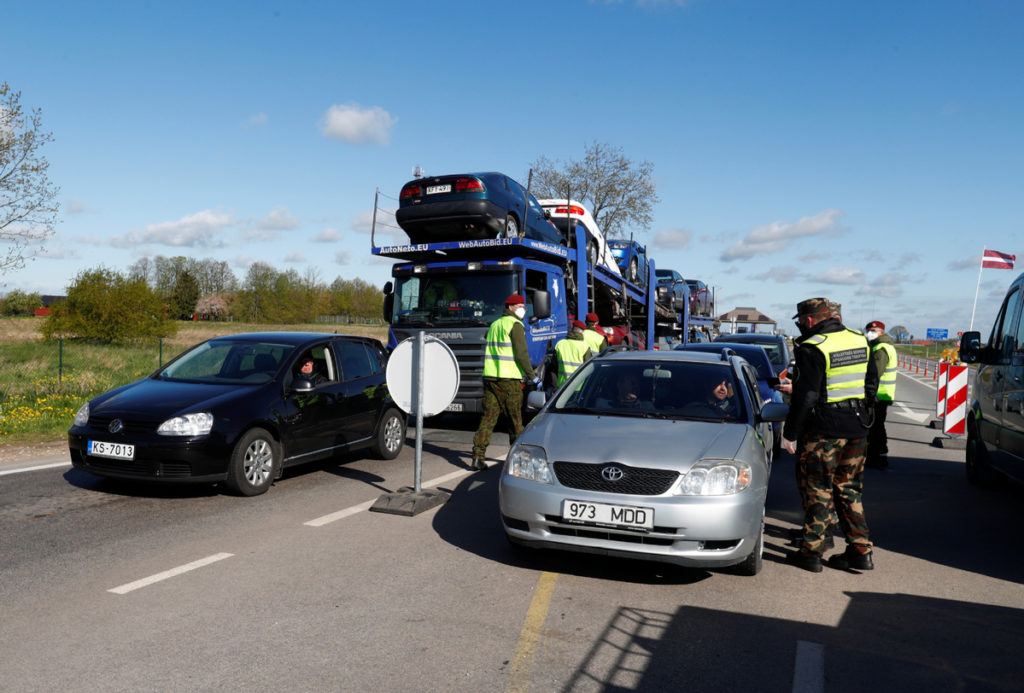Estonia has started to test one of the world’s first digital immunity passports, created by a team including founders of global tech startups Transferwise and Bolt, seeking a safer return to workplaces following the coronavirus lockdown.
“Digital immunity passport aims to diminish fears and stimulate societies all over the globe to move on with their lives amidst the pandemic,” said Taavet Hinrikus, founder of Transferwise and a member of Back to Work, the non-governmental organisation developing the passport.
Many countries and businesses are rushing to develop apps for contact-tracing.
The World Health Organization (WHO) has warned governments against issuing immunity passports as there was no evidence that people who have recovered from COVID-19 and have antibodies and are protected from a second coronavirus infection.
Hinrikus said the team’s passport could help once immunity is better understood.
“We don’t know many details and nuances about immunity yet. How strong is it, how long does it last? We hope that we can evolve simultaneously with scientists who are seeking answers,” he said.
In addition to technology entrepreneurs, Back to Work includes local medical experts and state officials. Radisson hotels and food producer PRFoods are among the first companies that have started to test the passport.
“We are seeking every solution to have our employees back to work and clients sleeping in our hotels again,” said Kaido Ojaperv, CEO of Radisson Blu Sky Hotel at Tallinn.
Estonia, which has so far recorded 64 deaths due to COVID-19 and 1,791 infections, has started to ease the lockdown measures this month, and opened last week with Lithuania and Latvia the first “travel bubble” within the European Union.
